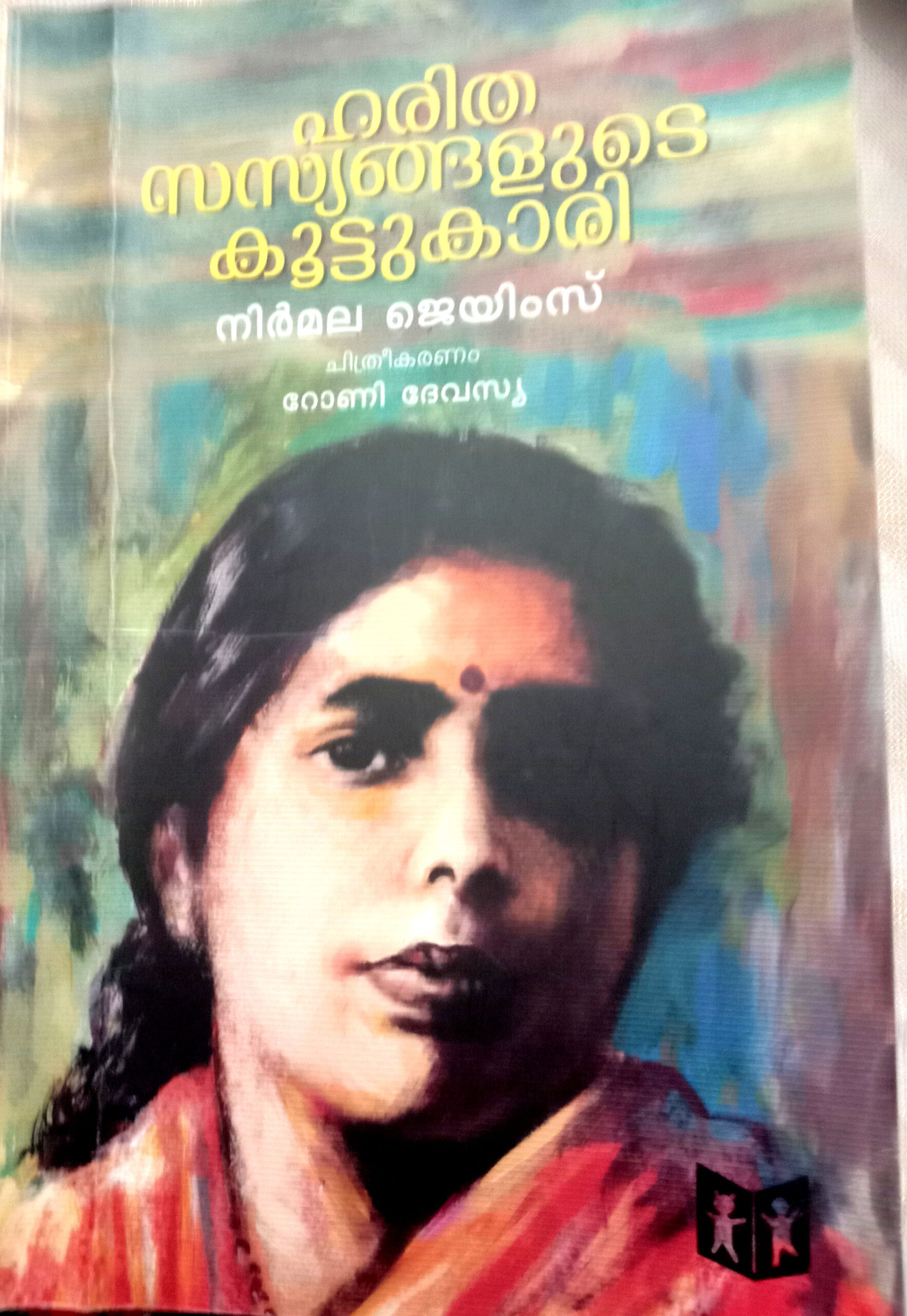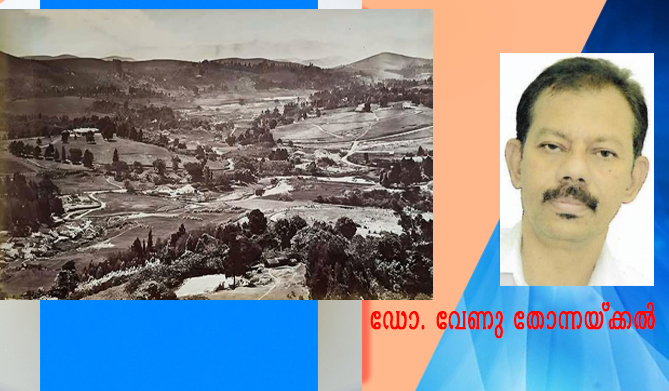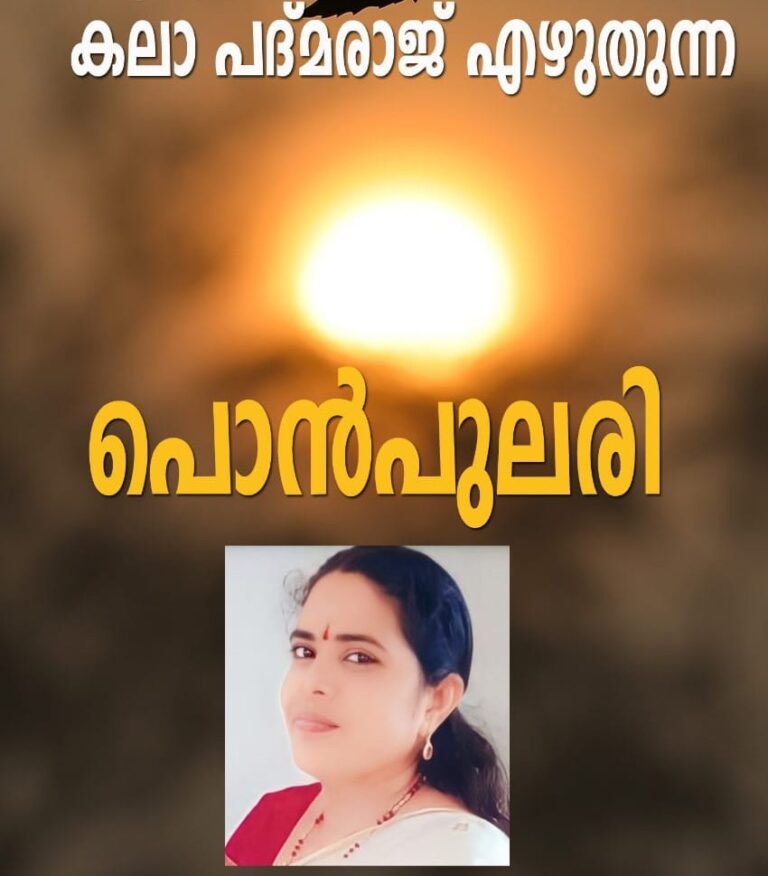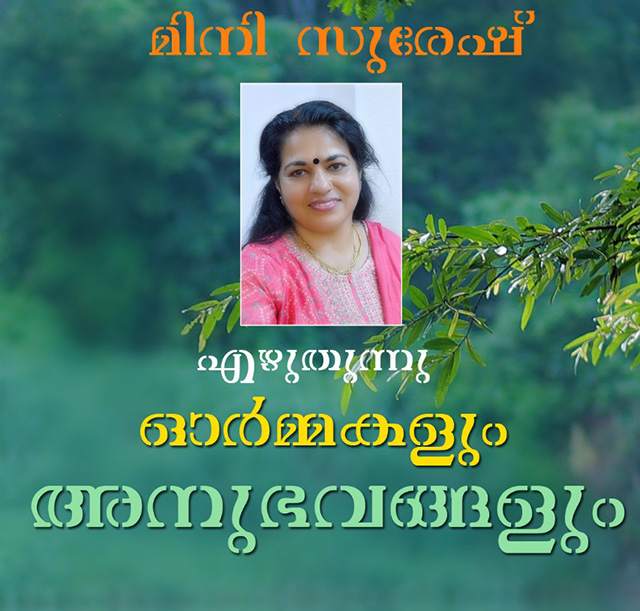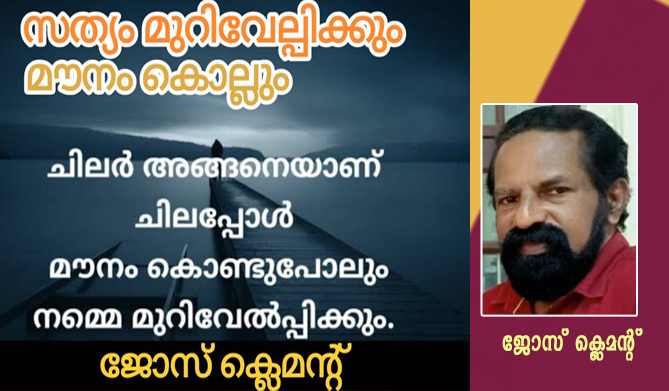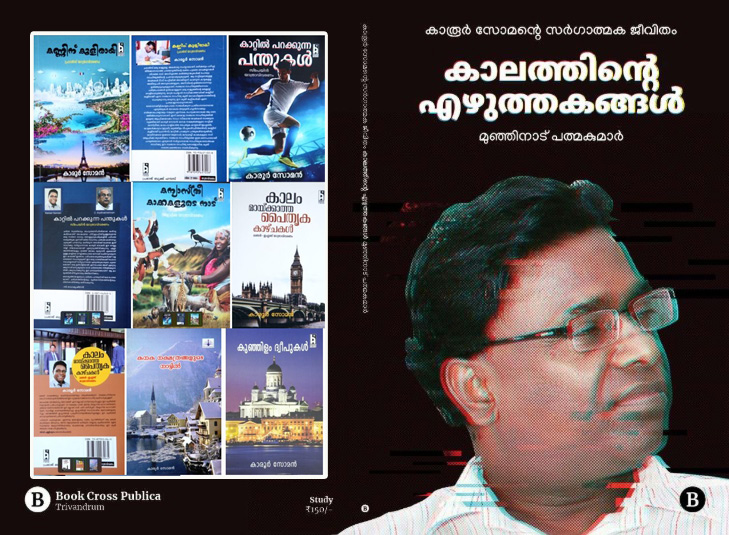Dr.E.K.Janaki Ammal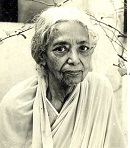 is a distinguished scientist of international repute with impeccable academic credentials. She was the first woman from India to earn a doctorate in Botany from an American University. She was the first woman from Kerala to receive a doctorate in science. She was an expert in Cytogenetics, Phytogeography, Ethno botany and Plant Taxonomy who had dedicated her whole life to study Plant Science and Chromosomes.. She was one of the Founder Fellows of the Indian Academy of Science.
is a distinguished scientist of international repute with impeccable academic credentials. She was the first woman from India to earn a doctorate in Botany from an American University. She was the first woman from Kerala to receive a doctorate in science. She was an expert in Cytogenetics, Phytogeography, Ethno botany and Plant Taxonomy who had dedicated her whole life to study Plant Science and Chromosomes.. She was one of the Founder Fellows of the Indian Academy of Science.
Her contribution to the scientific field was immense. Dr.JanakiAmmal experimented on chromosomes in thousands of plant varieties, especially polyploid plants. It was Janaki Ammal who changed the conventional methods of cultivation, introducing new varieties with the help of cytology. Her cytogenetic studies played a vital role in understanding the nature of polyploidy in sugarcane and helped in choosing plant varieties for cross-breeding to produce sweeter sugarcane varieties suitable for Indian conditions. Dr.Janaki Ammal is the mother of Ethnobotany in India .. Janaki Ammal earned international recognition as a botanist for her outstanding contributions to Science, both in India and abroad, through her extensive research work, publications, and membership in different scientific communities. She was the first woman to be elected to the fellowship of INSA. The government of India honored her with a Padmashree in 1977.She dedicated her whole life for the development of science .
 Dr. E.K. Janaki Ammal was born on 4 November, 1897 in Tellicherry (now Thalassery) into a well respected family Edathil house in Chettamkunnu. She was the tenth child of Divan Bahadur EdavalathKakkat Krishnan who was sub judge in Madras Presidency.Her mother, Devi Kuruvai, was the daughter of John Child Haninyngton and Kunji Kurumbi .
Dr. E.K. Janaki Ammal was born on 4 November, 1897 in Tellicherry (now Thalassery) into a well respected family Edathil house in Chettamkunnu. She was the tenth child of Divan Bahadur EdavalathKakkat Krishnan who was sub judge in Madras Presidency.Her mother, Devi Kuruvai, was the daughter of John Child Haninyngton and Kunji Kurumbi .
Dr. Janaki’s educational journey began in at Sacred Heart Girls’ School Thalassery and then moved on to Queen Mary’s College to complete an undergraduate degree. Then she went for further studies in Madras Presidency College and completed B.A. honors in 1921 She taught Botany in Women’s Christian College Madras between 1921-1923. At that time , she got the prestigious Barbour scholarship for post graduation from the University of Michigan. After post graduation, she returned to India and joined Women’s Christian College where she continued for two years as Professor. While working there, she received the First Oriental Barbour Fellow scholarship from Michigan University. After getting her Doctorate in Science in 1931she returned to India and worked as ‘Acting Professor’ at “His Highness Maharaja’s College of Science”, Trivandrum, for one year and 10 months. .She was the first woman professor of a men’s college. After completing the service she got the newly created post of Geneticist at the Sugarcane research station, Coimbatore . . She performed studies on Cytogenetic analysis of wild sugarcane and made one of the sweetest hybrids SG 63.32.For five years she actively worked as awomen scientist of India. While attending the seventh international genetical congress at U.K, the second world war broke out, and all the passenger ships were stopped .Thus she had to stay back in U.K. She joined John Inns Horticuture institute as an Assistant cytologist .
With C.D Darlington ,the Director ,she made thousands of cytological studies of plants and they together published the book “Chromosome Atlas of cultivated plants,which became a reference book for plant scientists world wide .She became the first salaried scientist of Royal Horticultural society Gardens ,Wisely from 1946 to 51. She experimented with colchicine to make polyploidy in garden and crop plants. Magnolia shrub with flowers of bright white petals and purple stamens was named Magnolia Kobus Janaki Ammal.As per the invitation of Jawaharlal Nehru, the Prime Minister of India, she took the charge of ‘Officer on duty’ in the botanical survey of India in 1952 . She re-organized BSI. She had association with Kerala and Calicut University After retirement she worked in Regional Research Laboratory Jammu and Centre for Advanced studies in Madras University . Dr. E.K.JanakiAmmal died in Madras on 7 February 1984 .

Nirmala James

